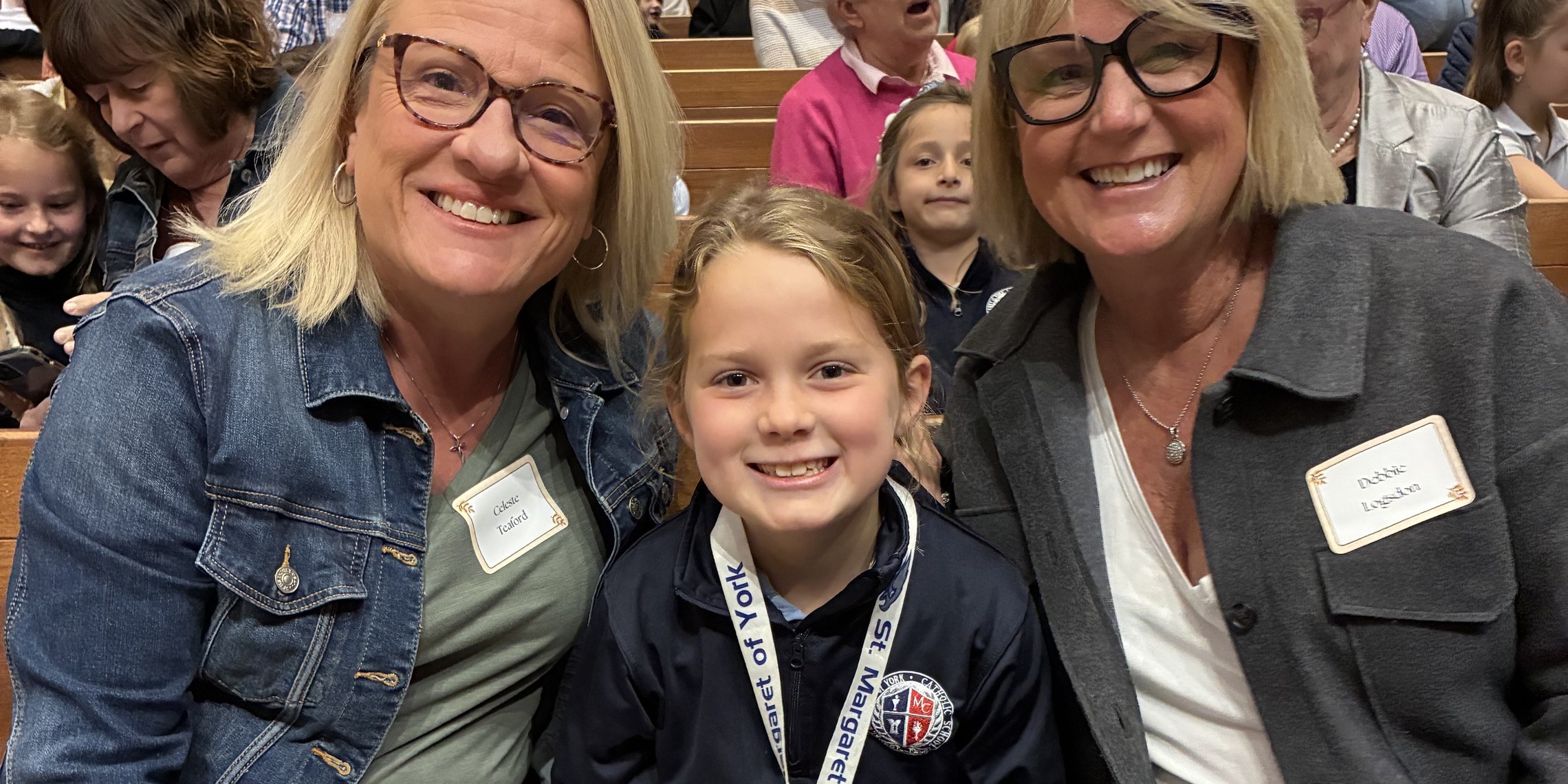Recently I found myself pondering the words of scripture from Romans 8:28.
‘We know that all things work for good for those who love God.’
This has long been a favorite verse of mine. It brought encouragement to my younger self through those years of doubt and struggle as I was finding my path. As I grow in age (and hopefully wisdom), I find that my experience of these words is similar to a reflection of Peter Kreeft in his book, How to be Holy. Kreeft says that ‘This is the hardest verse in the Bible to believe,’ because it doesn’t look like it is true. ‘And at the same time the most certain verse in the Bible to be true,’ because of the infinite power, goodness, and wisdom of God.
This verse is hard to believe. Does God really work all things to the good? If so, why are there wars and illness and broken relationships? And for spiritually weak people like me, why traffic jams and bad hair days – for even these relatively minor annoyances can distract me from achieving the good I intend. Having a ‘bad day’ is often an excuse for a bad mood, a snarl at a cashier, or a rude comment to family members. And, this does not even begin to address the universally horrible chain of events that are the result of the wars, illnesses, and broken relationships mentioned above. Oh, Lord, where is the promised good?
If it does not look to us like Romans 8:28 is true, perhaps we do not agree with God about what is good? What does God think is good? Holiness! Perhaps a more believable version of this verse is: We know that all things work to make us Holy!
We can grow in holiness by two means. First, we can become more holy through the good that we choose to do. This includes our volunteer service, the meal and yard work we offer to someone in need, and even by holding our tongue when we know (or think) we are right. But this path has limitations. It is like asking a class of high schoolers to assign their own homework – it will never be as challenging, nor as effective, as the homework assigned by the teacher. Nonetheless, some learning and some growth in holiness will come from this means.
Second, we can grow in holiness against our will. This involves accepting the challenges of our lives and suffering well. This is indeed the more certain path to holiness. My peaceful acceptance of a traffic jam is an opportunity to develop patience, and a bad hair day may be a path to increased humility. There is certainly virtue to be gained in the daily forgiveness required for peaceful family life – especially family life under quarantine! And my heart goes out to those challenged by greater suffering and hardships. My faith tells me that all of these big and little challenges are pathways to virtues that help us to grow in holiness, and holiness is what God sees as the greater good. It may seem obvious to encourage that high school class to accept the burden of the teacher-assigned homework. We would tell the students to trust the teacher, that the teacher knows what they need to work on to be successful in the class. God asks us to do the same, to accept the ‘lifework’ He assigns because He knows what we need.
Also included in growing in holiness against our will, is taking responsibility for our mistakes. This is something I rarely do willingly – I would much rather my mistakes be forgotten by me, by God, and especially by my husband! But God wants us to admit our mistakes and seek forgiveness. I am encouraged by a teaching of St. Teresa of Calcutta – that God’s mercy and forgiveness of my sins brings more glory to Him, and holiness to me, than my righteousness. Thanks be to God, that in His great mercy he allows even our mistakes to work towards the goal of becoming holy.
The richness and beauty of the Catholic faith informs me that God knows me far better than I know myself, that God loves me far better than I love myself, and that God is omnipotent – all powerful and capable of anything. Thus, I can confidently trust that God is both wanting and able to bring good from all circumstances of my life. He desires me to become HOLY and to share eternal life with Him in heaven even more than I do. I just need to learn to cooperate with Him!
Guest Post Written By: Sue Ann Klaber
More News...
Grandparents' Day
Grandparents’ Day at SMOY was a heartwarming and joyful celebration filled with love, laughter, and faith. The students attended Mass with their grandparents before...Read more
The Stories Behind the Gospels
Discover the Stories Behind the Gospels!
Join us for an engaging evening as we dive into two accounts of Jesus’ life—the Gospels of...Read more






